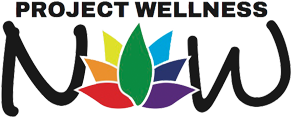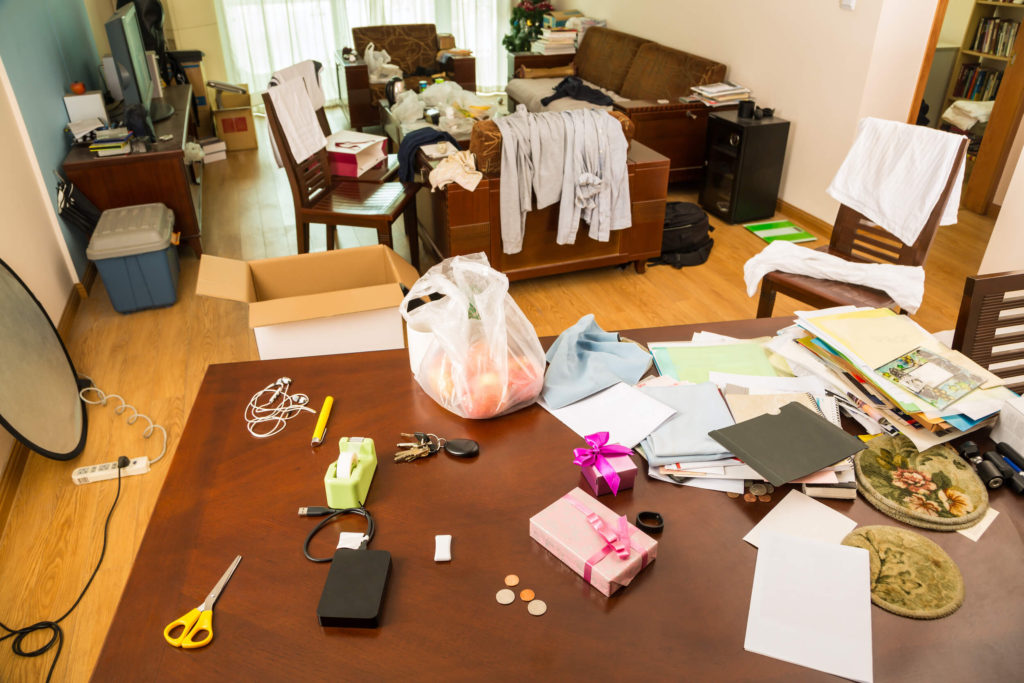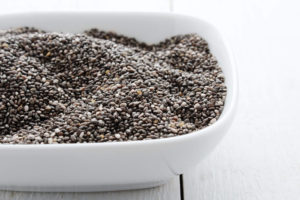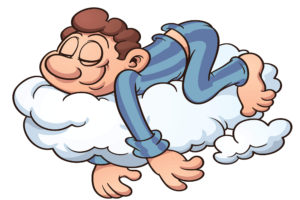As the summer travel season heats up and swings into full throttle, you might have stuff on your mind. And by ‘stuff’, we mean your belongings. How much do you take with you when you travel? Do you tend to want to take everything along with you?
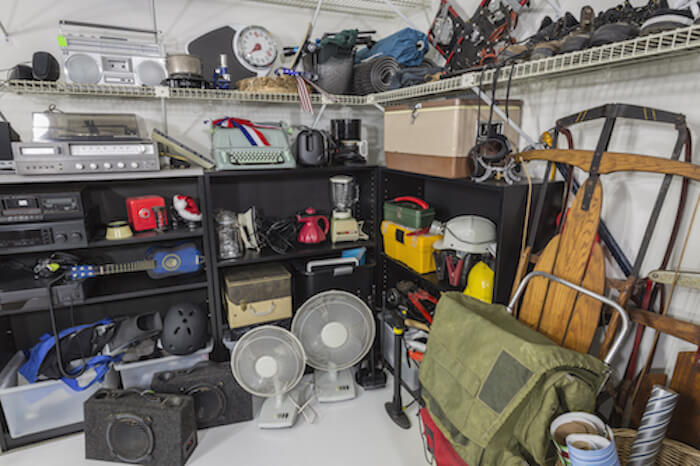
If so, you’re not alone. Next time you’re at an airport, look around. Everyone seems to be lugging too much stuff with them. It sounds strange, but that may be an extension of our collective obsession with collecting things. Our homes are overflowing and our garages, if we have them, are too stuffed to actually fit cars in them. Traveling is a rare chance to get away from the clutter we accumulate, but few of us even see the need for such a break. And rarely do people see clutter as a health threat.
“Do you dream of getting organized, but have no idea where to start?”
But you should know that clutter does have an impact on your well-being.
It’s not just that you probably tend to overpack when you travel, either. That impact of clutter is felt throughout your day even though you may not be aware of what’s happening.
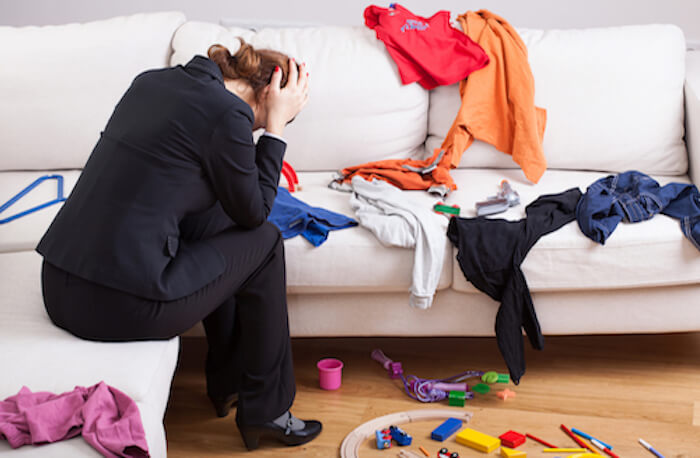
What they found was that the hoarders’ brains sparked into action when they thought about throwing something away. It doesn’t take a scientist to guess which parts of the brain were stimulated, either: the anterior cingulate cortex and insula, those associated with pain and conflict!
In other words, hoarders experience measurable psychological pain if someone (including themselves) messes with their stuff.

THE PERILS OF DISORGANIZED CLUTTER IN YOUR LIFE
You don’t even have to be classified as a hoarder for clutter to impact your life. There are plenty more negative aspects to clutter. One is that by holding onto too much stuff, you’re making it difficult to live an optimal lifestyle.
Let’s say you’d like to be more productive.
Most people find it difficult to concentrate when they’re surrounded by disorganized piles of clutter. Mountains of possessions all-around can act as visual reminders of all that’s wrong in your life. Whether you realize it or not, that pile of unread books you bought 15 years ago weighs on your mind. And those cheap golf clubs you snapped up at an estate sale can serve as a sad reminder that you simply don’t have time or energy for 18 holes of golf.
Again, there’s research to back that up. Princeton University neuroscientists found that task performance took a nosedive when people were trying to get work done in a disorganized environment.
PHYSICAL CLUTTER OVERLOADS YOUR SENSES
A step-by-step guide to a revolutionary method of simplifying and organizing.
Another interesting study found that stress hormones spiked during the moments when people were dealing with their stuff. Apparently, the brain treats those situations in a way similar to when you’re attempting to multitask.
It’s an overload on your senses, which causes stress. That, in turn, can prevent your brain from doing any type of creative thinking.
Finally, there’s the physical health impact. If you can’t find your running shoes, you’re not going for a jog, are you? So right there, you’ve lost out on all fronts: health, productivity, and perhaps even happiness.
TIME TO CUT BACK?
Whether you believe you have too much stuff because you have a shopping habit or because you simply can’t throw anything away and it’s been accumulating for decades, it may be time to consider paring down your possessions. There are numerous ways to get started, but you’ve already taken the first step: understanding what the clutter in your life can do to harm your well-being.
YOU MAY ALSO LIKE:
WHAT YOU NEED TO KNOW ABOUT YOUR CROWN CHAKRA
The crown chakra is the 7th energy center in the body. It is located at the top of your head, and…
HEALTHY RELATIONSHIPS: WHAT’S LOVE GOT TO DO WITH IT?
By Elizabeth Reninger Healthy relationships are an important component of a balanced, nourishing, and overall healthy lifestyle. So what makes a…
A BEGINNER’S GUIDE TO MINDFULNESS: TIPS & COMMON MYTHS
“Mindfulness” is a term that’s used a lot these days, and mindfulness-based programs are all the rage: in the workplace, in…
SUPERFOOD COFFEE SUBSTITUTES: STAY AWAKE & ALERT WITH THESE HEALTHY DRINKS
If you love the pick-me-up quality of a cup of coffee—but could do without its jittery spike-and-crash effects—then you might want…
CHIA – SUPERFOOD OF THE AZTEC WARRIORS
Chia seeds have served as a prominent dietary staple for many cultures for hundreds of years. The Aztec Warriors used to…
HOW TO SLEEP BETTER AT NIGHT AND WHY IT MATTERS
Perhaps you’ve thought of rest and relaxation as a luxury or getting 8 hours of sleep for the lazy, but science…
